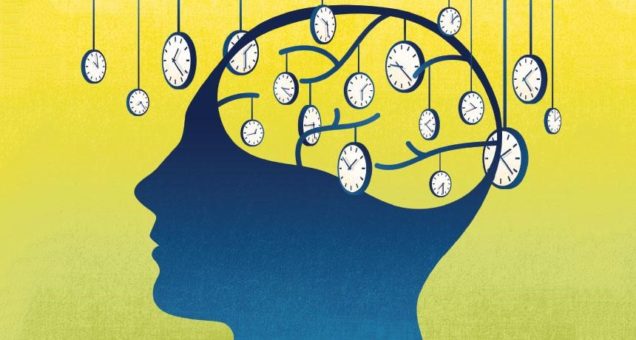Does language influence the way we think about time?

Time, as abstract as it is, is a crucial part of everyday life. Like other fundamental domains of experience, the idea of time is strongly associated with our brains. We use language all the time to express ourselves, but does language also shape how we see the world by influencing our concept of time?
According to studies conducted by Lera Boroditsky, a cognitive science professor at the University of California, San Diego, the concept of time does differ dramatically across languages. She found that people all over the world share a common trait despite speaking very differently: relying on space to organize time. For example, time naturally flows from left to right for English speakers, who read from left to right. However, Arabic speakers, who write from right to left, tend to organize stories from right to left. In Pormpuraaw, a remote Australian Aboriginal community, people don’t use the words “left” or “right” at all. Instead, they use “north,” “south,” “east,” and “west.” Consequently, Pormpuraawans represent time from east to west and think about time in unique ways: they would lay out a story from left to right when they are facing south, from right to left when facing north, toward the body when facing east, and away from the body when facing west.
A 2001 paper by Boroditsky shows that Mandarin speakers arrange time both horizontally, like English speakers, and vertically. In Mandarin, the words “up” and “down” are often used to describe earlier and later events, respectively. As a result, Mandarin speakers in the experiment were faster to verify that “March comes earlier than April” when given vertical primes than they were when given horizontal primes.
What if you are bilingual? According to Boroditsky, one possibility is that you have a different mind for each language and switch from one to the other. On the other hand, you could argue that your mind is fully integrated. The answer, in fact, lies somewhere in between. Bilinguals never “turn off’ a language; the language they are speaking in just becomes more active.
Writer: Zijing Sang
Editor: Sophia Hon
Sources:
http://journals.sagepub.com/doi/pdf/10.1177/0956797610386621
http://lera.ucsd.edu/papers/mandarin.pdf